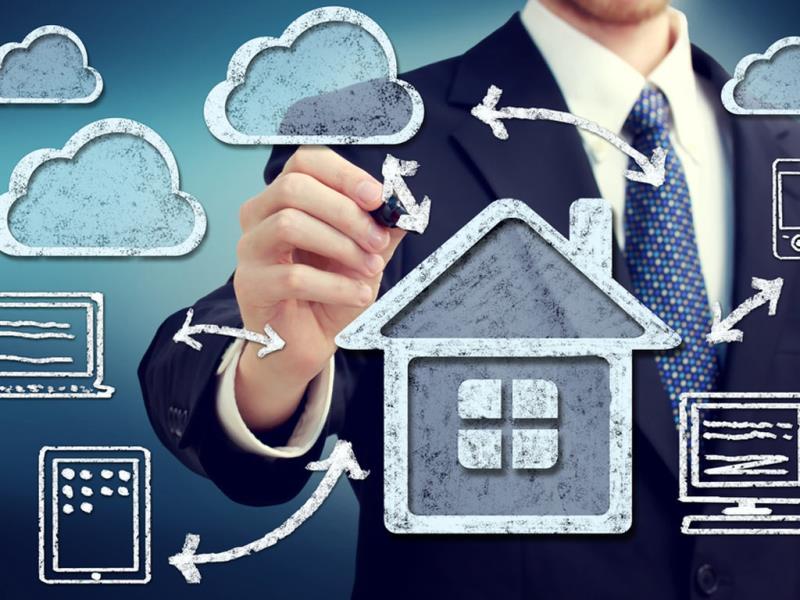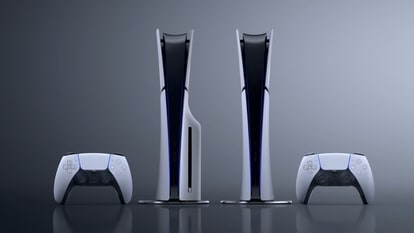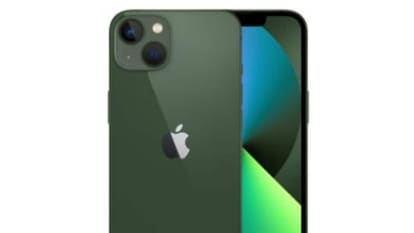Internet of Things will be a $7 trillion industry by 2020
Research and analytics company IDC has been crunching the numbers and measuring sentiment and believes that the global market for Internet of Things (IoT) solutions could be worth as much as $7.1 trillion by the end of the decade.

The buzz around the connected home is about to turn into bucks.
Research and analytics company IDC has been crunching the numbers and measuring sentiment and believes that the global market for Internet of Things (IoT) solutions could be worth as much as $7.1 trillion by the end of the decade.
That's a massive jump considering the company's latest report into the area, 'Worldwide and Regional Internet of Things (IoT) 2014-2020 Forecast: A Virtuous Circle of Proven Value and Demand' valued the market at just $1.9 trillion at the end of last year.
Consumers are increasingly coming into contact with connected and smart devices in their daily lives -- whether it be in their cars, in the home, or at work. And because, thanks to the smartphone, full-time connectivity is becoming a way of life, the IoT is becoming a more and more compelling proposition.
At the same time, according to IDC, systems that involve smart thermostats, air conditioners and smart power sockets are becoming equally appealing to businesses looking to save costs and create efficiencies, all of which is creating new demand -- and will lead to greater competition -- in the market.
IDC's findings tally with those of Parks Associates, which is preparing to present its own research into the topic at the Digital Home World Summit in Berlin, Germany later this week.
Its findings include that 43 percent of US broadband homes are already willing to invest in a smart home package that offered home management, safety and security features while in France, the UK, Germany and Belgium, consumers are starting to value smart safety and security devices such as smoke alarms and motion detectors.
'Strong appeal for smart home solutions among consumers in the U.S and Europe is a good sign because this market is still in its infancy. As consumer awareness grows, interest and demand for such systems will also increase,' said Stuart Sikes, President, Parks Associates.
Increasing involvement from key players
And this interest is expected to spike following Apple's announcement on Monday that the next version of iOS, its smartphone and tablet operating system, will feature a dedicated app for managing smart home devices.
Quite understandably, Apple wants to put the iPhone at the heart of the home of the future, and its new HomeKit feature is designed as much to promote security and ease of use as it is to help its partners sell smart light bulbs.
Once integrated with Apple's platform, smart devices will be protected -- i.e., they can only be controlled form the user's iPhone -- and will be able to be programmed.
So one voice command could initiate a host of actions. For instance saying 'OK, time for bed' would automatically lock all of the doors, and turn down the thermostat.
At the moment, the app only exists as a developers kit so that companies and individuals can write programs for it. The app itself won't arrive on the iPhone until September or October this year when iOS8 is released to iPhone users.
Demystifying what's on offer
Still, Apple's involvement in the technology will give consumers a new level of confidence in the IoT and its benefits, rather than its potential issues.
However, Apple isn't the only tech organization looking at demystifying the market and making it accessible to as many consumers as possible. In May, the Consumer Electronics Association (CEA) launched a working group tasked with creating a common markup language and software templates for smart and connected devices so that developers can easily write applications for them.
The CEA recognizes that consumers are still cautious about investing in connected items other than smartphones and tablets in case they are incompatible with each other or if each device requires its own app and command set.
That's a situation that would make the devices more complex and difficult to use than normal 'dumb' devices. By getting the industry to agree on a standard XML markup language for their products, developers will be able to create programs that can control multiple gadgets built by multiple organizations.
Catch all the Latest Tech News, Mobile News, Laptop News, Gaming news, Wearables News , How To News, also keep up with us on Whatsapp channel,Twitter, Facebook, Google News, and Instagram. For our latest videos, subscribe to our YouTube channel.

























